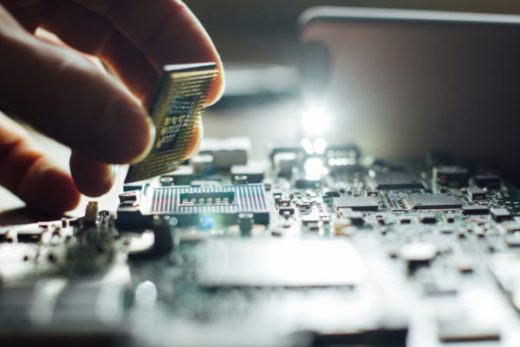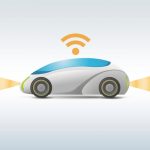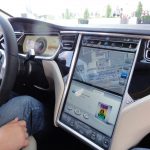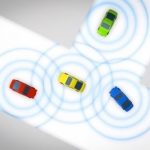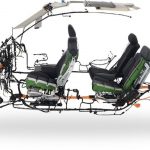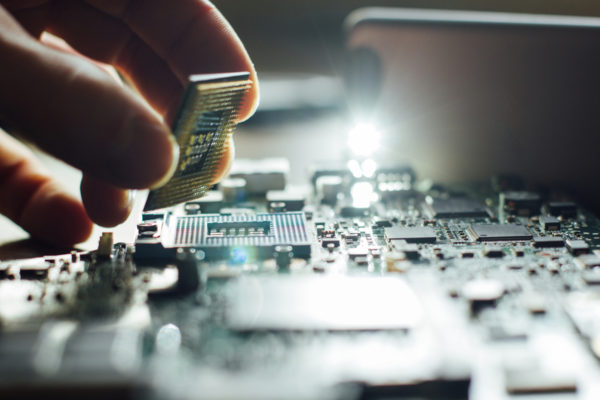Connected cars driving consolidation in chip sector
Connected cars driving consolidation in chip sector

The world’s largest car chipmaker, NXP Semiconductor, expects self-driving cars and connected devices will drive a wave of consolidation in the microprocessor sector.
Euronews recently discussed an accelerating consolidation trend currently underway in the chip manufacturing market.
A pivotal tie-up in the sector was Qualcomm’s $ 38 billion acquisition of NXP last week.
Much of the business case behind Qualcomm’s purchase was NXP’s position as the world’s largest chip maker for the automotive industry. And the NXP deal won’t likely be the last car-related merger in the near future.
The chip sector consolidation is being fueled by the projected growth in autonomous vehicle technology and the Internet of Things (IoT). These technology darlings are replacing smartphones as drivers of growth, as phone sales growth continues to flatten.
Automotive has been driving M&A and will be the force behind M&A in the chip sector for some time,” said NXP’s general manager, Automotive, Kurt Sievers. “Maybe in a broader perspective, all things connected to the internet.”
New fleet driving concept?
As a demonstration of its involvement in self-driving vehicle innovation, NXP recently demonstrated a new fleet management concept called platooning. This is where radar chips allow a number of trucks to drive in a row, with the first truck driven by a human, while the subsequent vehicles follow behind semi-autonomously.
The advantage of platooning is to increase both the safety and energy efficiency of truck-based transport. And the ability to boost energy efficiency is one advantage NXP’s chip technology brings to Qualcomm, particularly in light of the projected jump in autonomous vehicles seen in the near future.
In the coming years the amount of chips that are used in cars will double…which enables assisted driving and includes chips that manage power consumption, as we are moving forward to autonomous driving,” said Sievers.
The opportunities in automotive are projected to be huge, with the growing semiconductor content in cars expected to be larger than production of vehicles themselves.
The post Connected cars driving consolidation in chip sector appeared first on ReadWrite.
(41)

